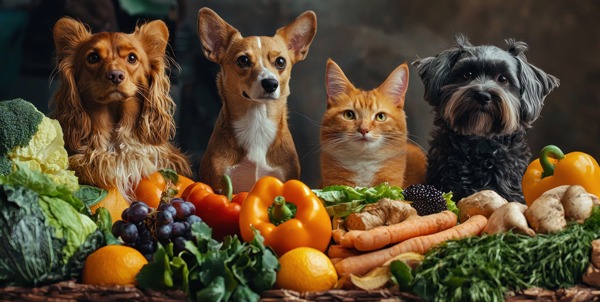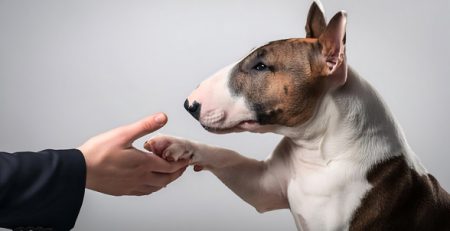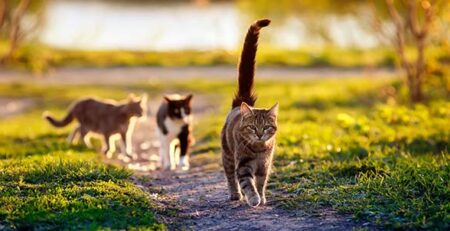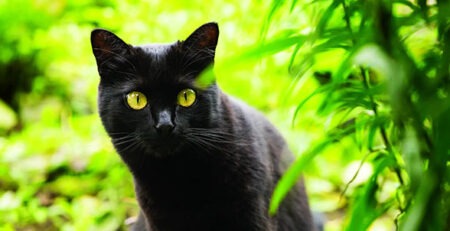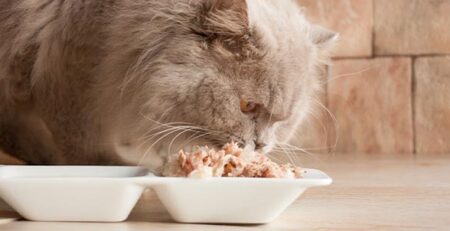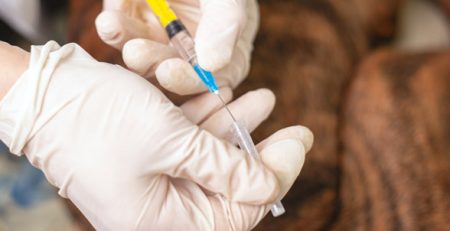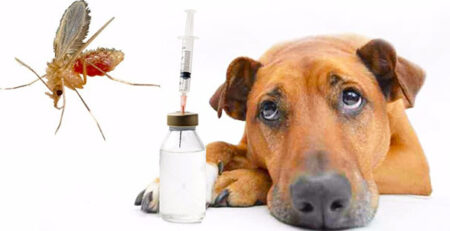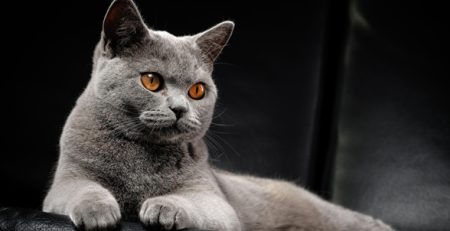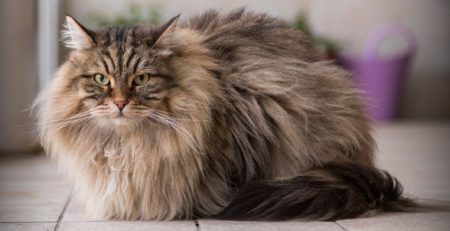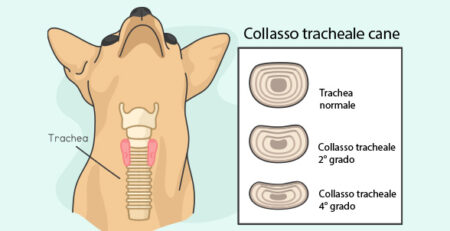Vegan diet: why dogs and cats are and should remain carnivores
The vegan diet is an ethical choice, a philosophy of thought that involves multiple aspects of an individual’s daily life.
Well, people who choose vegan diets often wonder if dogs and cats can also eat a diet free of animal protein.
Although it may seem tempting to adopt a vegan approach for ethical reasons, choosing an unsuitable diet could have devastating effects on the health of our four-legged friends.
Ensuring that one’s dogs and cats receive proper nutrition is an act of responsibility that requires attention and knowledge.
Dogs and cats: specific nutritional needs
Both dogs and cats have specific nutritional needs.
These requirements classify them as obligate carnivores (in the case of cats) and omnivores (in the case of dogs).
The dependence on animal protein for the proper functioning of their bodies remains constant.
Their anatomical features are a clear demonstration of this.
Dog physiology and vegan foods
Dogs are considered “opportunistic omnivores“.
They have developed the ability to digest a wider range of foods than cats due to their long history of domestication and interaction with humans.
This means that although they can consume a wide variety of foods, including plant foods, their ideal diet should still contain a significant amount of meat.
However, dogs also require animal protein to maintain their health and vitality.
Animal protein sources provide essential amino acids that dogs cannot synthesize on their own.
The vegan regimen and the physiology of cats
Cats are defined as “obligate carnivores“, which means they require animal nutrition to meet their nutritional needs.
These animals have developed anatomical and physiological features that reflect this need.
Their digestive system is designed to process raw meat more efficiently than vegetables.
In addition, cats require specific nutrients, such as taurine, an amino acid found exclusively in animal sources.
Lack of taurine in a cat’s diet can lead to serious health problems, including heart disease and eye damage.
Other essential nutrients for cats that cannot be adequately obtained from plant sources include arachidonic acid and vitamins A and B12.
Vitamin B12, which is crucial for red blood cell production and neurological functioning. This vitamin is found almost exclusively in animal sources.
Therefore, a cat or dog fed exclusively on a vegan diet is at risk of developing anemia and neurological problems.
Respect for animals also comes from a careful examination of their specificities, including and especially their food.
The main focus should be on meeting the daily need for certain nutrients, such as amino acids (taurine, methionine, lysine, tryptophan), vitamins (those in the B group, D3, A, and E), minerals (calcium, phosphorus, zinc), and certain fats (linoleic, EPA, DHA).
All nutrients whose deficiency can induce or promote the development of disease.
An exclusively plant-based diet, in addition to having lower digestibility for the dog, may contain anti-nutritional factors such as phytates, for example, which reduce the absorption of important minerals such as calcium, magnesium, or zinc.
Essential nutrients and risks of vegan diet for dogs and cats
A vegan diet for dogs and cats can lead to serious nutritional deficiencies.
Many of the nutrients needed for the well-being of these animals cannot be replaced effectively through plant sources.
Although supplements exist to try to compensate for these deficiencies, the variation in plant foods and their bioavailability can make it difficult to achieve optimal nutritional balance.
In summary, despite the appeal of the vegan diet for ethical and environmental reasons, it is crucial to recognize that dogs and cats are animals with specific nutritional needs that align with meat consumption.
Rather, if you wish to make significant changes in your dog’s or cat’s diet, seek the advice of a veterinarian experienced in nutrition and never improvise: improvisation and “do-it-yourself” are to be avoided at all costs.
If you would like to consult with a veterinarian experienced in nutrition and get a specific food plan for your dog or cat, contact the veterinary doctors on our staff who are always available to you.
We would also like to remind you that Clinica La Veterinaria is always open h24 every day including holidays and with First Aid service from 8 pm to 8 am.

